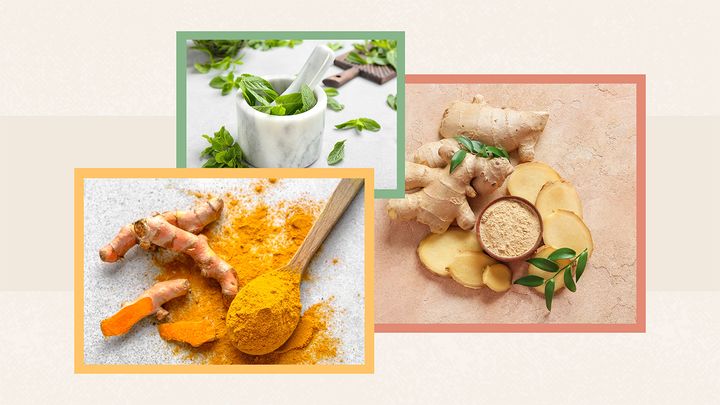Autoimmune disorders occur when the immune system mistakenly attacks healthy cells and tissues in the body. These disorders can lead to chronic inflammation, pain, and a range of debilitating symptoms. Traditional Chinese Medicine (TCM) offers a holistic approach to managing autoimmune disorders by focusing on regulating the immune system and restoring balance within the body. In this article, we explore the role of TCM in addressing autoimmune disorders and promoting natural immune regulation.
Understanding Autoimmune Disorders in TCM:
In TCM, autoimmune disorders are seen as a result of imbalances in the body’s Qi (vital energy) and the disruption of Yin-Yang harmony. TCM practitioners recognize that immune dysregulation can be influenced by factors such as constitutional weaknesses, emotional stress, lifestyle choices, and external environmental influences. By identifying the underlying imbalances and patterns of disharmony, TCM aims to restore balance and support the body’s innate healing abilities.
Herbal Medicine for Immune Regulation:
Herbal medicine is a cornerstone of TCM for managing autoimmune disorders. TCM practitioners prescribe customized herbal formulas that target the specific imbalances identified in an individual’s condition. These formulas may include herbs with immune-modulating properties, such as astragalus, licorice root, and reishi mushroom. Herbal medicine in TCM aims to regulate the immune response, reduce inflammation, and restore overall balance in the body.
Acupuncture for Balancing Qi and Yin-Yang:
Acupuncture, a key modality in TCM, can help regulate the immune system and restore harmony within the body. Fine needles are inserted into specific acupuncture points along the body’s meridians to rebalance the flow of Qi and harmonize Yin and Yang energies. Acupuncture can promote immune regulation, reduce inflammation, and alleviate symptoms associated with autoimmune disorders. It supports the body’s self-healing mechanisms and enhances overall well-being.
Dietary Recommendations and Lifestyle Modifications:
TCM recognizes the importance of diet and lifestyle in managing autoimmune disorders. TCM practitioners may provide dietary recommendations tailored to an individual’s specific condition, emphasizing foods that support immune health, reduce inflammation, and nourish the body. Lifestyle modifications such as stress reduction techniques, regular exercise, and sufficient rest are also encouraged to support overall well-being and immune system balance.
Stress Reduction and Mind-Body Practices:
Stress is known to exacerbate autoimmune disorders, and TCM emphasizes the importance of stress reduction for immune regulation. Mind-body practices such as Qi Gong, Tai Chi, and meditation can help reduce stress, promote relaxation, and support immune system balance. These practices cultivate a mind-body connection, enhance overall well-being, and contribute to the management of autoimmune disorders.
Individualized Approach and Holistic Care:
One of the strengths of TCM in managing autoimmune disorders is its individualized approach and holistic care. TCM practitioners take into account the whole person, considering constitutional factors, specific symptoms, emotional well-being, and lifestyle factors. This comprehensive approach enables personalized treatment plans that address the underlying imbalances and promote long-term immune system regulation.

Traditional Chinese Medicine provides a comprehensive and holistic approach to managing autoimmune disorders by focusing on immune system regulation and restoring balance within the body. Through the use of herbal medicine, acupuncture, dietary recommendations, lifestyle modifications, and mind-body practices, TCM aims to support immune health, reduce inflammation, and alleviate symptoms associated with autoimmune disorders. Embracing the principles of TCM can provide individuals with autoimmune disorders a natural and integrative approach to managing their condition and promoting overall well-being.









